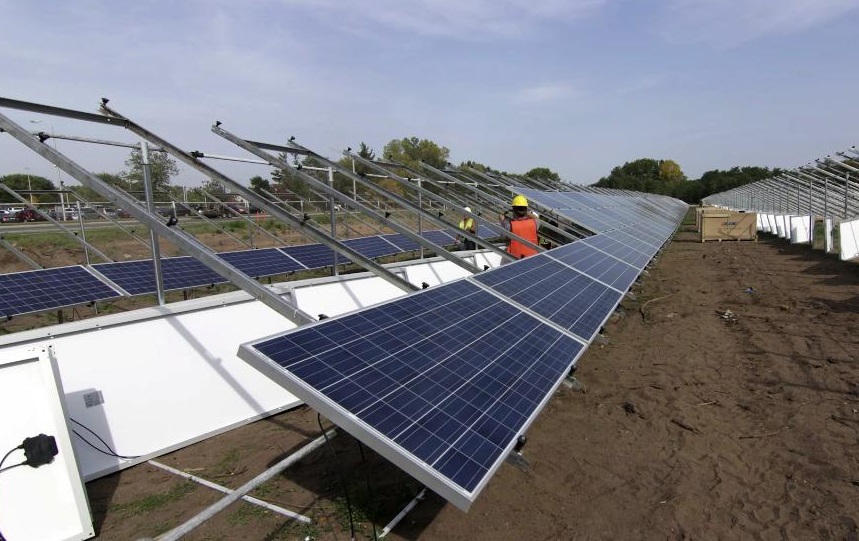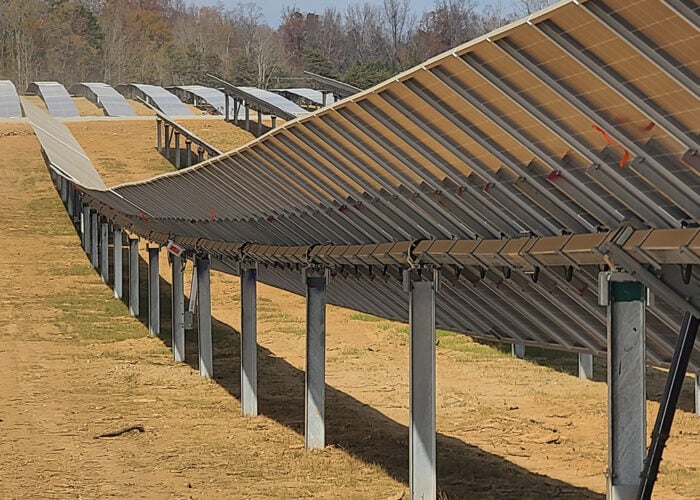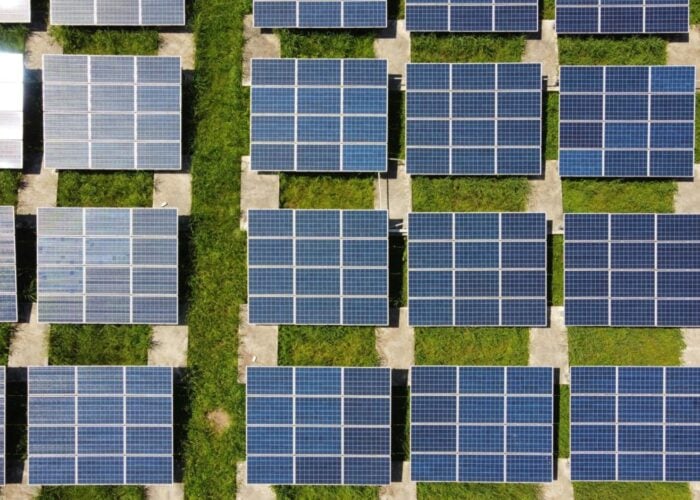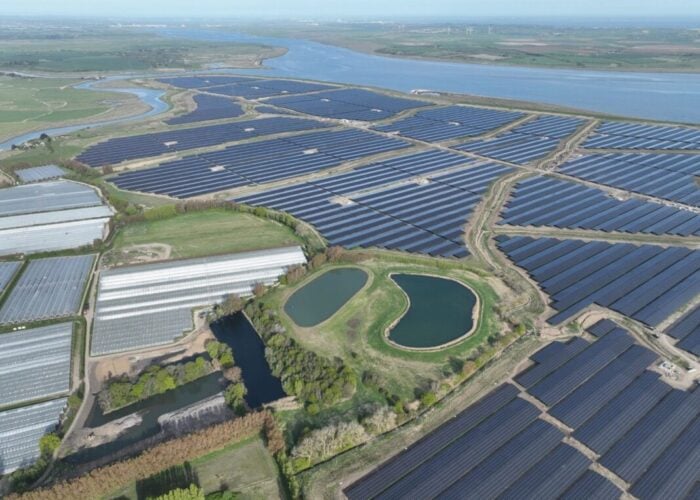
Xcel Energy has announced plans to double its renewables and battery storage capacity in Colorado by 2030, as the utility progresses with efforts to reach 100% carbon-free electricity generation across its service area by 2050.
The Minneapolis-headquarters company said its new Clean Energy Plan will deliver an estimated 85% reduction in carbon dioxide emissions from 2005 levels by 2030 as well as provide its Colorado customers with electricity derived from approximately 80% renewable sources.
Unlock unlimited access for 12 whole months of distinctive global analysis
Photovoltaics International is now included.
- Regular insight and analysis of the industry’s biggest developments
- In-depth interviews with the industry’s leading figures
- Unlimited digital access to the PV Tech Power journal catalogue
- Unlimited digital access to the Photovoltaics International journal catalogue
- Access to more than 1,000 technical papers
- Discounts on Solar Media’s portfolio of events, in-person and virtual
While the mix of renewables additions will be determined by a competitive bid process, Xcel’s preferred plan proposes adding up to: 1.6GW of large-scale solar, nearly 1.3GW of distributed solar, 2.3GW of wind power, 400MW of energy storage and just under 1.GW of firm dispatchable resources (including natural gas).
Other targets included in the plan include “significantly reducing” coal plant operations in the state by 2030 and building on distributed generation opportunities and demand response options to manage energy load.
No layoffs are anticipated at any of the coal plants affected by the plan, which is expected to go before the Colorado Public Utilities Commission by the end of March.
“We are committed to working with our employees and the communities we serve as we make significant strides leading the nation’s and Colorado’s ambitious clean energy transition, while also ensuring reliability and affordability for our customers, said Xcel Energy CEO Ben Fowke, who added that Colorado state leaders “share our clean energy goals”.
The state last month released its Greenhouse Gas Pollution Reduction Roadmap, which lays out a pathway to reach its targets of reducing greenhouse gas emissions 26% by 2025, 50% by 2030 and 90% by 2050 from 2005 levels. “Colorado is getting cleaner air, more good jobs and savings for consumers with more renewable energy,” Governor Jared Polis said.
Elsewhere in Colorado’s utility sector, Black Hills Energy will this year start work on its largest renewables project to date, a 200MW solar plant that is slated to come online in 2023, as it aims to reduce emissions from its energy generation in the state by 80% by 2030.
The Tri-State Generation and Transmission Association last year secured a deal with the US subsidiary of juwi that will see the deployment of 400MW of solar in Colorado. The German developer also recently signed a power purchase agreement with Colorado Springs Utilities for a 175MW solar project paired with a 25MW battery storage system.






